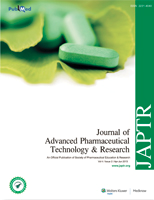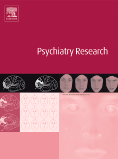 Do pro-nuclear energy countries act more slowly to curb the effects of climate change? That’s what a paper published in July in the journal Climate Policy claimed. But the hotly debated study was retracted last week after the authors came to understand that it included serious errors.
Do pro-nuclear energy countries act more slowly to curb the effects of climate change? That’s what a paper published in July in the journal Climate Policy claimed. But the hotly debated study was retracted last week after the authors came to understand that it included serious errors.
An August 22 press release about the original study has been retracted by the University of Sussex, and no longer appears on ScienceDaily. An archived version notes: Continue reading Authors retract paper linking nuclear power to slow action on climate change



 Researchers have retracted their third paper due to missing original data, following an investigation at their former institution in New York.
Researchers have retracted their third paper due to missing original data, following an investigation at their former institution in New York. 



 The last author of a 1999 paper has asked the journal to retract it less than one month after a user
The last author of a 1999 paper has asked the journal to retract it less than one month after a user